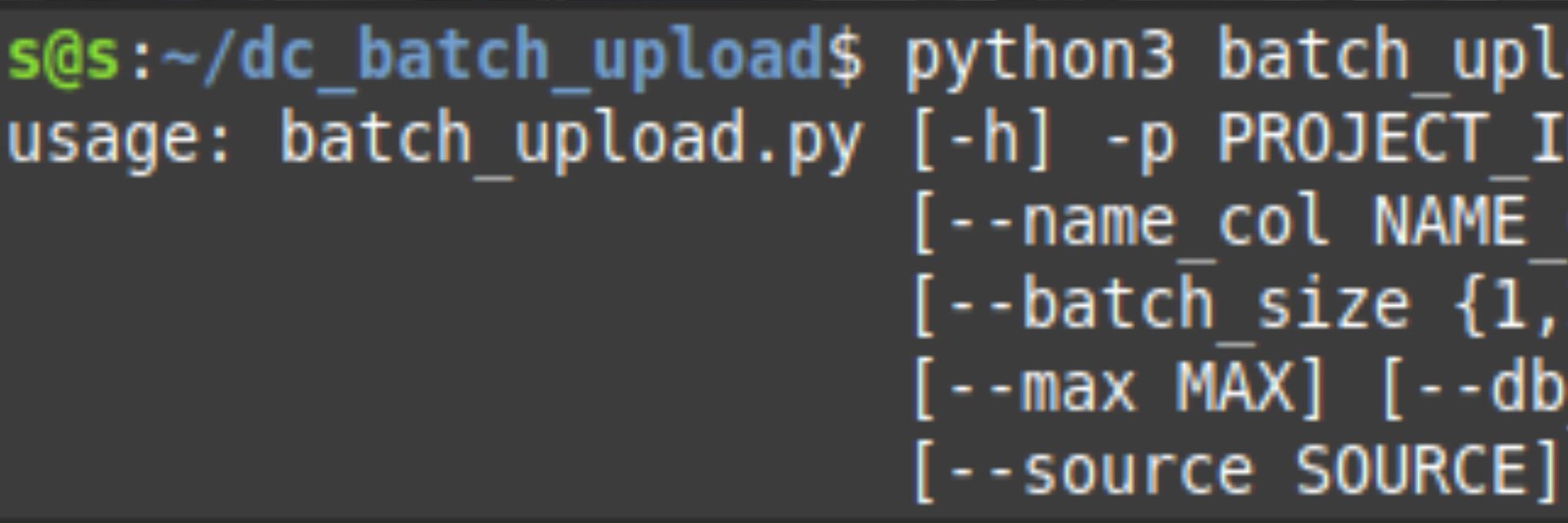Last week, Kel McClanahan, the executive director of National Security Counselors, a public interest law firm who often represents intelligence employees, whistle-blowers, and reporters (including MuckRock), joined us on our Slack chat. What followed may not be legal advice, but it sure was interesting.
McClanahan and Michael Morisy at The Eleventh HOPE in 2016
A close shave
McClanahan is a bit of a philosopher when it comes to dealing with the federal government.
When asked about the recent controversy surrounding the release of Congressional candidate Abigail Spanberger’s personnel file through FOIA, McClanahan cites Hanlon’s razor, which boils down to: “Never attribute to malice that which can be adequately explained by stupidity.” McClanahan also noted: “Robert Heinlein added to it, ‘but don’t rule out malice,’ and between those two, I think that explains most of what happens.”
Zen and the Art of the Privacy Act
Spanberger’s case segued into the question of who should be considered a public official, and what reasonable expectation to privacy they should have. McClanahan admitted the distinction was “more art than science,” and there are “no hard and fast black letter rules.”
However, general consensus deems that agency directors and deputy directors have less expectation of privacy than other employees.
Hunkering down for the long haul
So you’ve filled a FOIA and you know the agency is going to fight tooth and nail before releasing so much as a header. McClanahan advices having patience, and to start building a case sooner, rather than later.
“A lot of cases rise or fall on your knowledge about exactly what went on in the FOIA office,” he said.
After the initial response, file a follow-up, and then file a FOIA for records on how those two requests were processed. If the agency later states something vague or even pointedly false, you can use these records in your case for releasing the initial records.
The wording of the request is also another great determinator in how your request is processed. These follow-up requests can aid a filer in filling in the gaps and finding better, more precise terms for their requests.
Clear your calendar
In a hurry? Speak to the agency beforehand and meet them halfway with easily understood requests.
If litigation is being seriously considered, McClanahan emphasizes that it will probably take years to resolve the case.
“Remember, the [government] does not pay its lawyers by the billable hour,” he said, “they have no compunctions about dragging the case out as long as possible.”
Should I stay or should I go?
He sympathises with the overworked FBI public information officers who have to process large amounts of requests, but does not support the agency’s move to file “Open America” stays for every FOIA lawsuit.
“I think it’s a bit of a self-inflicted wound,” he said. “When you claim that your office is so overworked … that tends to evoke SOME sympathy for the poor FBI FOIA processors, but then you realize that you’ve been complaining about being overburdened for years and yet you don’t hire any more people … and all the empathy evaporates,” he said.
“Once they stop shooting themselves in the foot, I’ll be more understanding about their workload. Until then, pile it on until they do,” McClanahan concluded.
Join us this Friday
Make sure to join us this Friday at 12pm EST.
If you have recommendations on who you would like to chat with on our Friday FOIA chats, please submit them here at the bottom of the page.
Image via Wikimedia Commons



